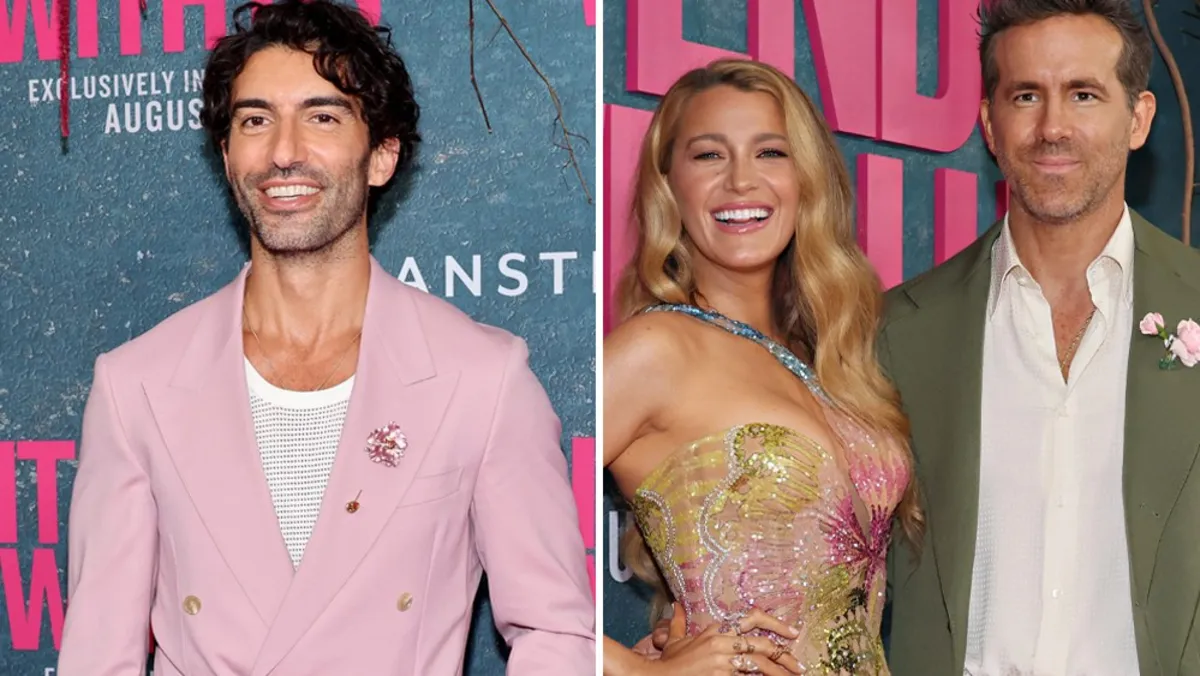
On Tuesday, actor Ryan Reynolds filed a motion in court requesting the dismissal of Justin Baldoni‘s legal claims against him, asserting that the actor cannot pursue a lawsuit based merely on “hurt feelings.” This legal dispute stems from allegations that Reynolds used the character “Nicepool” in the film “Deadpool & Wolverine” to satirize Baldoni’s public persona, which Baldoni describes as a “woke feminist.”
Baldoni, known for directing the film “It Ends With Us,” which features both him and Reynolds’ wife, Blake Lively, claims that Reynolds mocked and bullied him. In response, Reynolds’ legal team did not deny that the character Nicepool draws inspiration from Baldoni, but argued that Baldoni's reaction demonstrates “thin-skinned outrage.”
Following the successful release of “It Ends With Us” last summer, Blake Lively accused Baldoni of sexually harassing her on set. She further alleged that Baldoni utilized his publicists to disseminate negative narratives about her. In retaliation, Baldoni countersued both Lively and Reynolds, alleging a concerted effort to tarnish his career through false accusations.
In the ongoing lawsuit, Baldoni alleges that Reynolds berated him for purportedly “fat shaming” Lively and accused him of labeling Baldoni a “sexual predator.” He also claims that Reynolds pressured his talent agency, WME, to sever ties with him. However, Reynolds’ motion to dismiss argues that such statements do not constitute defamation if they are based on genuine beliefs. The motion states, “The allegations suggest that Mr. Reynolds genuinely, perhaps passionately, believes that Mr. Baldoni’s behavior is reflective of a ‘predator.’”
Reynolds’ lawyers assert that calling someone a “predator” can be considered a constitutionally protected opinion. They argue that while Baldoni may not appreciate being labeled as such, his hurt feelings do not establish grounds for legal claims. “Mr. Reynolds has a First Amendment right to hold Mr. Baldoni — or any man who Mr. Reynolds believes sexually harassed his wife — in ‘deep disdain,’” the motion emphasizes.
The motion argues that it is “substantially true” that Baldoni has acknowledged crossing boundaries in his past due to an addiction to pornography. Reynolds’ legal team contends that it would be unjust to allow Baldoni to build a public image — supported by a podcast, TED Talk, and published works — on his past confessions while simultaneously seeking $400 million from Reynolds for merely expressing a private opinion about those admissions.
In addition to his lawsuit against Reynolds, Baldoni has also initiated legal proceedings against the New York Times for publishing a story based on Lively’s allegations in December, as well as against Leslie Sloane, the publicist for both Lively and Reynolds.
This ongoing legal battle highlights significant issues surrounding public personas, freedom of speech, and the implications of personal grievances in the realm of celebrity culture.